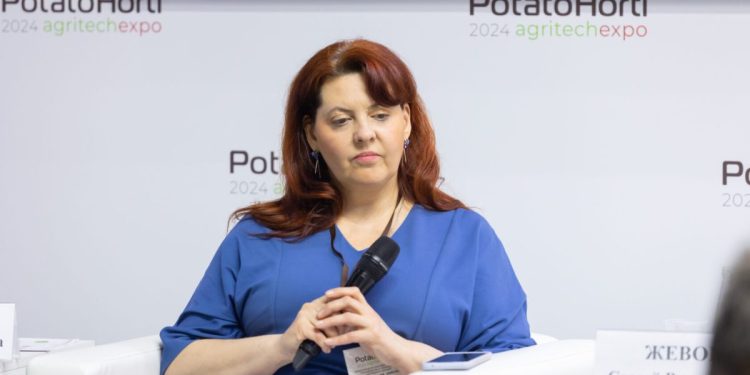#Agriculture #PotatoCultivation #SeedProduction #MarketConfidence #AgriculturalPolicy #Agribusiness #Innovation #FoodSecurity #Russia #AgriculturalSustainability
Amidst efforts to bolster domestic agricultural production, the Ministry of Agriculture of the Russian Federation has outlined an ambitious objective to supply 500,000 tons of domestically bred potato seeds to the market by 2030. This vision, articulated by Irina Lavrentieva, the advisor to the first deputy head of the ministry, underscores a strategic imperative to enhance self-sufficiency in seed production and ensure market penetration for Russian agricultural products.
Lavrentieva emphasized the pivotal role of market confidence in driving increased cultivation among agricultural producers. For farmers to expand their potato cultivation endeavors, they require assurances that both retail chains and processors will embrace their produce. However, she noted a critical challenge hindering progress: insufficient supply volumes. Despite the willingness of agricultural producers to meet market demands, the scarcity of sufficient volumes of domestic potato varieties poses a significant obstacle.
This shortage underscores the urgent need for concerted efforts to ramp up seed production and address supply constraints. Collaborative initiatives involving governmental support, research institutions, and agricultural stakeholders are essential to bolstering seed availability and fostering a conducive environment for increased potato cultivation.
Addressing this imperative demands multifaceted interventions, including investments in breeding programs to develop high-yielding and disease-resistant potato varieties tailored to Russian agro-climatic conditions. Additionally, enhancing infrastructure and logistical capabilities to streamline seed distribution channels is paramount to optimizing market access and ensuring the efficient flow of produce from farms to consumers.
Furthermore, fostering partnerships between farmers, agribusinesses, and retail chains can facilitate the development of mutually beneficial supply chains that incentivize increased potato cultivation while meeting market demand. Embracing innovative technologies and best practices in cultivation, storage, and processing can further enhance productivity and quality standards, bolstering the competitiveness of Russian potato products both domestically and internationally.
Meeting the ambitious target of supplying 500,000 tons of domestically bred potato seeds by 2030 necessitates collaborative efforts, strategic investments, and robust policy support. By addressing supply bottlenecks, fostering market confidence, and embracing innovation, Russia can strengthen its position as a leading player in the global potato market while advancing agricultural sustainability and food security objectives.







